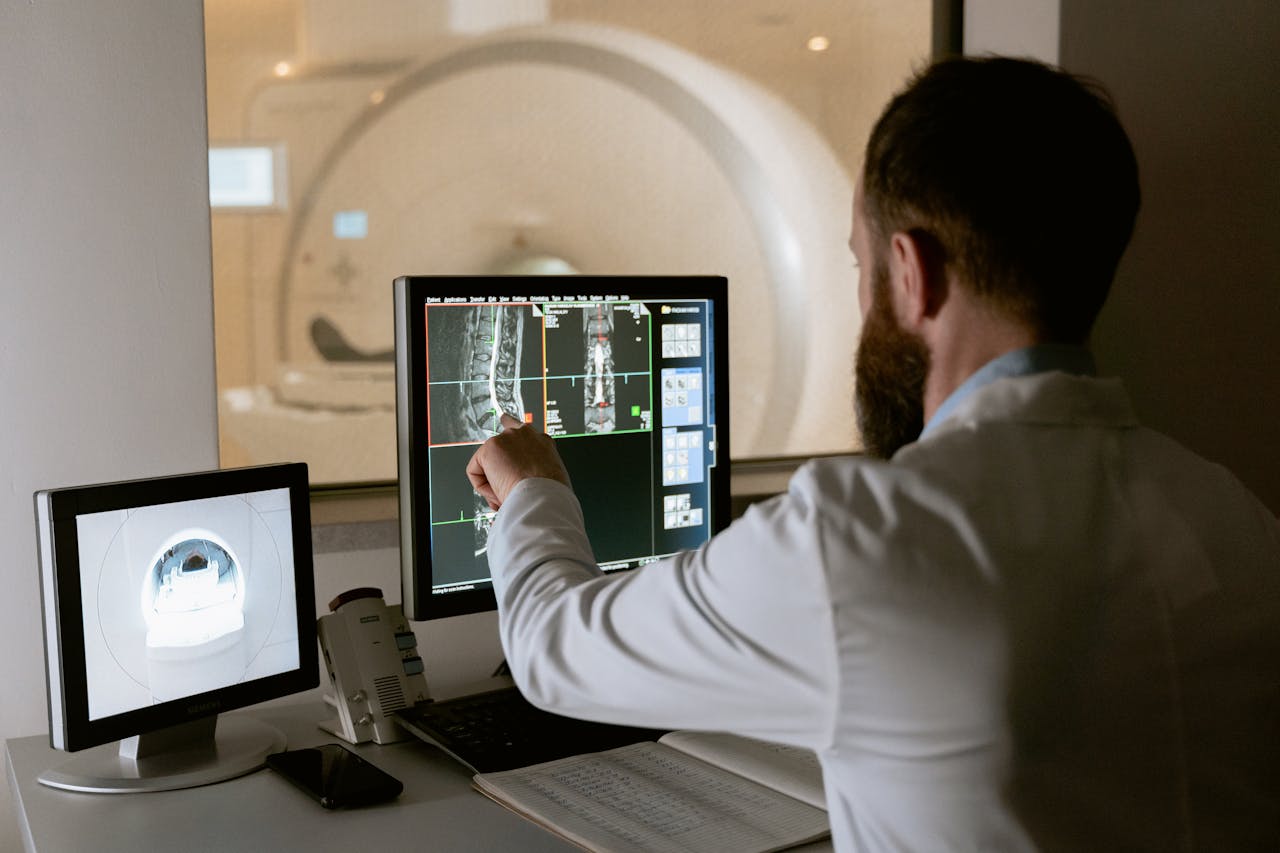Spain’s National Commission for Markets and Competition (CNMC) has prohibited Curium Pharma Holding Spain, S.L.U. from acquiring Institut de Radiofarmacia Aplicada de Barcelona, S.L. (IRAB), concluding that the merger would significantly harm competition in the markets for PET radiopharmaceuticals used in cancer diagnostics and in the contract manufacturing (CMO) market for these products.
According to the CNMC, the proposed merger would have created an effective monopoly in northeastern Spain, particularly in the production and supply of PSMA radiopharmaceuticals—used for prostate cancer detection—and in the provision of contract manufacturing services to third parties lacking their own production infrastructure. The authority determined that neither the remedies offered by Curium nor any potential conditions identified during the investigation would have been sufficient to restore effective competition.
Curium is one of the leading producers of radiopharmaceuticals in Spain, operating two proprietary cyclotrons and managing five additional public facilities nationwide. IRAB, in contrast, owns a single cyclotron in Barcelona, making it the only independent operator in this segment. Its acquisition by Curium would have reduced the number of independent suppliers in the region from three to two, leaving Curium and a single remaining rival as the only operators with active cyclotrons.
The CNMC found that, following the transaction, combined market shares for Curium and IRAB in PSMA radiopharmaceutical supply would exceed 80–100% in the affected markets. The merger would also raise barriers to entry and expansion, limit competitive alternatives for hospitals and clinics, and increase the risk of coordinated effects between the few remaining suppliers.
The authority further noted that Curium and its main competitor in the region had previously been fined €5.76 million in 2021 for cartel conduct, which reinforced concerns that market consolidation could facilitate renewed coordination.
Curium had proposed several commitments aimed at mitigating the competition risks, such as refraining from manufacturing or selling PSMA from IRAB’s facilities until rival products were available, maintaining certain production activities at IRAB, expanding capacity for other compounds, and offering standard CMO services under market conditions. However, the CNMC concluded that these commitments were temporary, narrow in scope, and ineffective in addressing the structural risks created by the merger.
After exploring alternative remedies and consulting affected market participants, the CNMC determined that no viable conditions could sufficiently resolve the identified competition concerns, both horizontal and vertical. Consequently, it decided to block the transaction outright.
The decision is not yet final. It will be forwarded to the Minister of Economy, Trade and Enterprise, who may decide to refer the case to the Council of Ministers for potential approval on public interest grounds other than competition policy.
The CNMC’s analysis was conducted with the cooperation of the Catalan Competition Authority (ACCO).
This marks one of the few outright merger prohibitions in Spain’s recent competition history and underscores the CNMC’s willingness to intervene in highly concentrated, innovation-driven markets, particularly in the healthcare and life sciences sectors.
